Diet, and Covid-19

Post Covid-19 Recovery: Effect of Diet
With the spread of a new variant of coronavirus – Omicron, people are getting affected with COVID-19 infection. People experience various symptoms after recovery from COVID-19 and the diet you intake plays a vital role in quick recovery. Along with all the medicines and multivitamins for a speedy recovery, a healthy meal in your diet is also important while recovering from COVID-19. Doctors recommend a balanced and nutritious diet, particularly at the time when you are down with COVID-19. The diet helps boost your immune system that has suffered a setback due to the deadly virus, can help in building internal strength, and aid in speedy recovery.
A lot of people experience loss of appetite and reduced food intake when suffering from COVID-19 as well as during the recovery. The recovery period makes you feel tired normally after being unwell, and recovery can take time.
With feeling tired or weak all the time you may find that you have difficulties with shopping, preparing food, and difficulty eating your normal portion sizes. As per the doctors and researchers, there are new symptoms associated with COVID like smell and taste changes, shortness of breath dry mouth, nausea, and constipation.
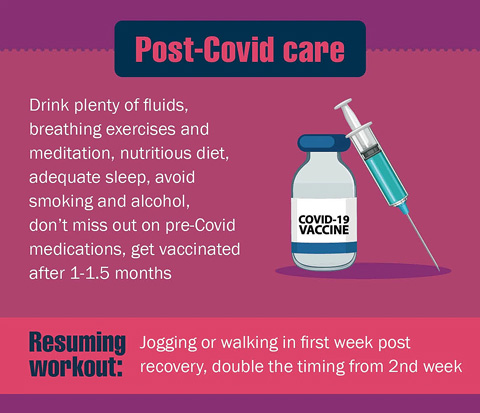
Why is it important to eat well after being diagnosed with COVID?
A healthy and nutritious diet is important as your body needs energy, protein, vitamins, and minerals to help you recover. Intake of a diet rich in protein and energy-rich foods supports your body with rebuilding muscles, maintaining your immune system, and increasing your energy levels to allow you to do your usual activities.
Regaining muscle strength and minimizing weight loss are important for your recovery from post COVID symptoms. It is crucial to monitor your weight and check for signs of weight loss including your clothes and jewelry becoming loose.
COVID-19 impacts the taste buds and you may find meals a bit overwhelming at the moment. But, you should try to eat little, and often this may include three small nourishing meals plus nourishing snacks/drinks in between until your appetite picks up. Doctors recommend you to choose a protein-rich diet such as meat, fish, eggs, cheese, beans and lentils, and energy-rich foods. Do not eat meals at once instead serve food on small plates to make it more appealing.
Along with diet, you should be well hydrated by drinking plenty of fluids such as milk-based drinks that provide additional nutrients like protein.
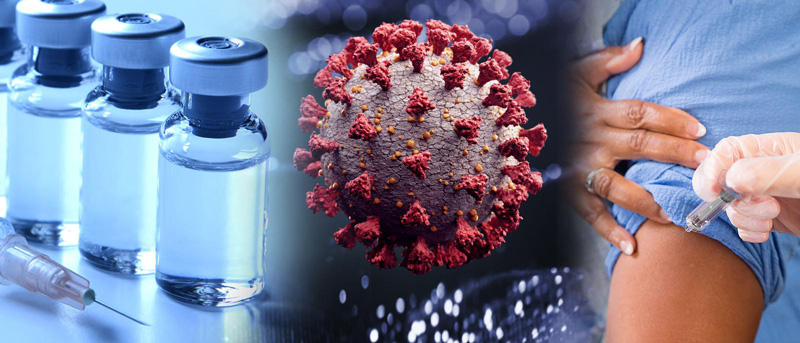
What should you incorporate in Diet for Speedy Recovery?
Along with a healthy diet, oral nutrition supplements provide you with extra energy and nutrition, similar to protein. The healthcare provider would add the supplements between meals so they don’t affect your appetite at mealtimes. A healthy diet for COVID-19 should include:
-
Proteins: This is an important nutrient for cell growth and regeneration. Proteins are the building block of life and are required by your body for faster recovery. A high protein diet is important to recover from COVID-19 infection, like taking 75-100 grams of protein is essential every day. You should take more foods like lentils, legumes, milk and milk products, soy, nuts, seeds, meat, chicken, fish, and eggs.
-
Vitamins and Mineral: Fresh fruits and vegetables are considered immune-boosting, antioxidants, vitamins, and minerals. These are an excellent part of your diet for faster recovery from COVID infection and strengthening your immune system. Citrus fruits are loaded with vitamin C that helps in the formation of antibodies and fights infection, whereas the green and root vegetables help to strengthen the immune system. It is important to spend some time outdoors to get a sufficient amount of vitamin D.
-
Fluids: Our body is 70% water which is an essential element for life as it carries nutrients in the blood, regulates body temperature, and flushes out toxins from the body. In addition, an infection can dehydrate the body. It is important to drink at least 2-3 liters of water every day. You can also incorporate herbal concoctions, coconut water, milk, and fresh juice. But you should avoid packed juice, caffeine, and fizzy drinks.
These are various foods that will help increase oxygen circulation in blood:
Pomegranate
Onions
Cinnamon
Garlic
Fatty fish
Beets
Turmeric
Leafy green vegetables
Citrus fruits
Walnuts
Tomato
Ginger
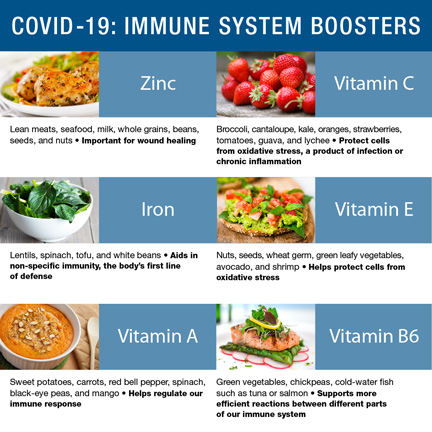
What is the importance of Diet in Common Post COVID-19 symptoms?
COVID-19 comes with a long list of symptoms that commonly include fever, dry cough, and shortness of breath. The severity and duration of these symptoms vary from person to person, but some symptoms are more likely to last well into your recovery period.
However, some symptoms of COVID-19 linger longer than others and not everyone will experience these symptoms of COVID. In case you experience these symptoms, these tips may help.
Taste and smell changes: This is usually short-term but can still have a significant effect on your food intake.
Short of breath: You should try to eat little and often as well as have drinks in-between meals instead of with your meals. Soft and moist food can be easier to manage when you are tired or feeling breathless.
Dry mouth: Taking regular sips of fluids throughout the day as well as adding sauces to foods such as gravy, cheese/white sauce, mayonnaise, salad cream, yogurt, or dips. Sucking on sugar-free sweets or chewing sugar-free gum to help increase saliva production.
Tiredness: It is important to take your time at mealtimes. Incorporating soft and moist food can be easier to manage when you are tired or feeling breathless. As you are tired always you should take ready meals that can be helpful.
Constipation: Constipation is a common side effect of the medication that is prescribed for COVID-19 or due to being less active than normal. To reduce constipation you should keep yourself well hydrated, such as six-eight glasses of fluid throughout the day. Foods high in fiber, such as porridge oats, nuts, seeds, beans and pulses, and fruit and vegetables also reduce constipation.
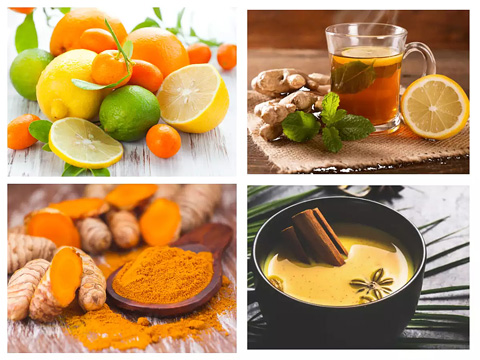
Outlook
It is vital to restore immunity post-COVID infection. COVID-19 infection vastly impacts your body and immunity with a lot of stress, slowing the digestive, immunological, and reproductive functions. Protein plays an important role and can be a powerful differentiator in boosting the immune system. A nutrient-rich diet is important in improving impaired immune function.
If you or anyone you know is suffering from the effects of Covid-19, our expert providers at Post Covid Centers will take care of your health and help you recover.
Call us on (469) 545-9983 to book a telehealth appointment for a home check-up.
People Also Read:
Post Covid Syndrome vs. Fatigue
While COVID-19 is a short-lived disease in most people, others experien...
Post Covid Syndrome vs. Skin Weakness Problems
A new study illustrates that some patients with COVID-19 disease have continuous skin-associated symptoms...
RELATED BLOGS
